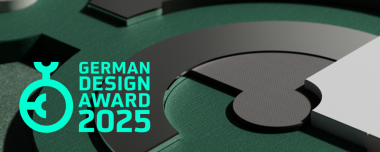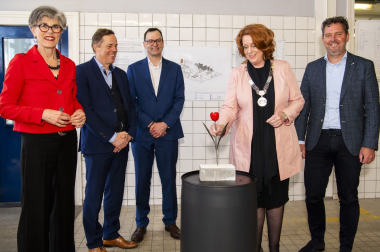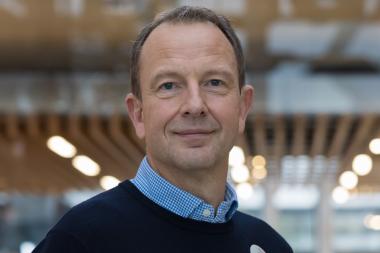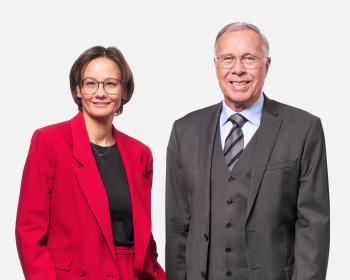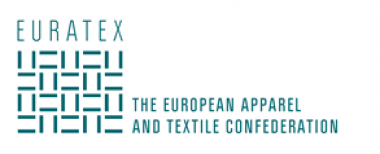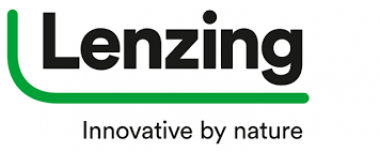German Design Award 2025: International Call for Entries
Companies, designers, architects and agencies worldwide are now invited to submit their products and projects for the German Design Awards 2025. The German Design Awards by the German Design Council honours projects that are pioneering in the German and international design landscape and highlights positive developments in circular design. The award not only makes success visible, but also opens up a network, international reach and additional market opportunities for the award winners. Application deadline is 6 September 2024.
Whether digitalisation, AI or circular design - the German Design Award platform reveals the contribution that design can make to the sustainable transformation of the economy. Now more than ever, outstanding design can provide answers to the challenges of our time, focussing on the impact of products and services on the planet and our society - through multi-perspective approaches, sustainable and circular design processes or resource- and environmentally friendly production. The German Design Award has set itself the goal of promoting the diverse transformation tasks of our time through design and providing orientation for others through outstanding examples.
Focus on circular design
Starting this year, companies and designers can submit their projects in an additional category called "Circular Design". This category recognises particularly innovative solutions that implement the current objectives of the circular economy and provide inspiring impulses.
The international jury of the German Design Awards honours these pioneering design achievements in three main categories: "Excellent Product Design", "Excellent Communications Design" and "Excellent Architecture".
New category
To visualise pioneering developments in architecture through the influence of artificial intelligence and digital design methods, designers and developers can submit projects, service designs and virtual architectures in the "AI in Architecture and Metaverse Space Design" category from this year onwards.
Access to the American market
The German Design Council has entered into an exclusive TV partnership with CBS/Paramount's new US documentary series Europe ByDesign, offering German Design Award winners far-reaching opportunities to position themselves on the US market. You can present your work in the next season of Europe ByDesign, which will be broadcasted in prime time on CBS in the USA as well as streamed worldwide.
Important dates at a glance
- Call for entries: 23 April 2024
- Register at the Early Bird price: until 21 June 2024
- Deadline for grant applications: 30 August 2024
- Registration deadline: 6 September 2024
- Jury meeting: 26 and 27 September 2024
- Awards Show: Beginning of February 2025
German Design Council Foundation - Rat für Formgebung


